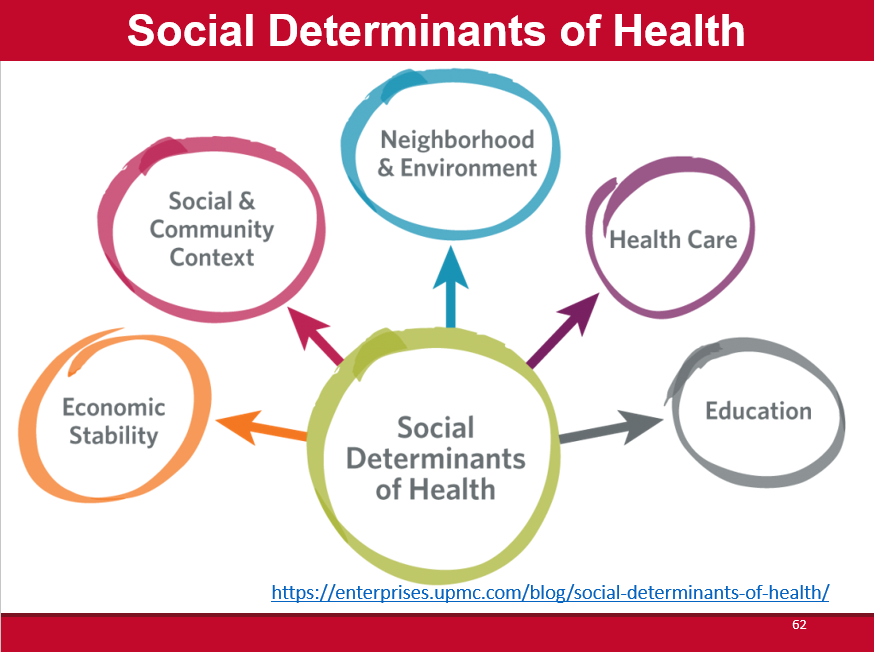Online: Artificial Intelligence in Healthcare

With the digitization of everything from electronic health records to genes and microbiomes, clinicians and researchers leverage artificial intelligence (AI) to transform data into actionable knowledge.
Ioannis Kakadiaris, Ph.D., and Winston Liaw, M.D., M.P.H., delivered a presentation regarding unique approaches to incorporating AI into healthcare.
In the first part of the talk, Liaw encouraged fellow family medicine physicians to actively engage in the development and evolution of AI to open new horizons in medicine. “This will make AI more effective, equitable and pervasive,” Liaw said. “We need the development of new methods that are tailored to the complexity of primary care.”
Next, Kakadiaris presented the newly formed Gulf Coast Consortia cluster on AI in Healthcare, including about 100 faculty from all seven consortia institutions, and encouraged all to join and contribute. “Our goal is to bring people together that are interested in a variety of things ... we want to enhance the curriculum of both AI and healthcare,” Kakadiaris said.
In the third part of the talk, Liaw presented a call for research funding that focuses on AI programs in surveillance, prevention and resilience during pandemics. Kakadiaris and Liaw seek new opportunities to encourage people, especially students, to create new frameworks in AI -- and to go beyond the unknown.
Finally, Kakadiaris presented a machine learning system that uses machine learning and game theory to predict heart attacks. Their system outperformed the ACC/AHA Risk Calculator by recommending less drug therapy, yet missing fewer events.
Kakadiaris is a Hugh Roy and Lillie Cranz Cullen Distinguished University Professor of Computer Science and has a joint appointment at the department of health systems and population health sciences at the UH College of Medicine. He is the Pumps and Pipes initiative's co-founder, examining cross-domain innovation in the medical, oil and aerospace industries.
Liaw is a family physician and chair of health systems and population health sciences at the University of Houston, College of Medicine. His research focuses on the primary care workforce, access, practice transformation, the integration of public health and primary care, and health informatics.
The UH College of Medicine will be the first medical school in over half a century to be established in Houston. It is geared toward educating future primary care specialists.